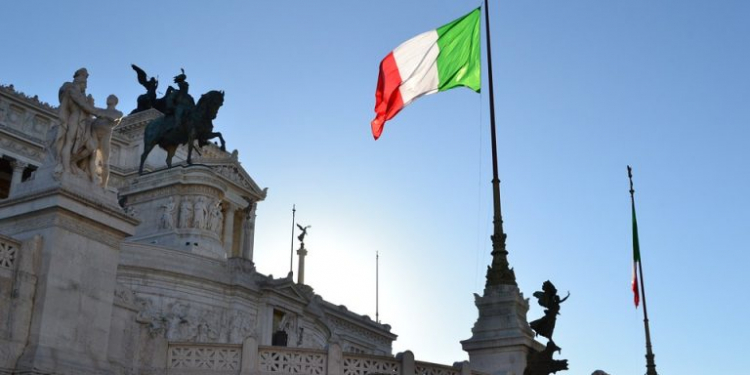The FINANCIAL — Italy continues to be dogged by “excessive imbalances” on the macroeconomic front reports the European Commission in its European Semester Spring Package according to London Business school.
“Italy’s economy is facing vulnerabilities relating to high government debt and weak productivity growth, as well as fragilities in the labour market and some weaknesses in the financial market,” the European Commission has said.
“Italy’s public debt ratio remains high, in part due to persistently weak GDP growth, and remains a risk for fiscal sustainability and the financial sector”.
In an article that appeared in the Financial Times, Italy’s economic prospects sour as inflation bites (23 May 2022), London Business School’s Professor Lucrezia Reichlin said, “If GDP is going to weaken substantially, the dynamic doesn’t look pretty. The market has now become quite pessimistic and possible recession in 2022 is something many people expect.”
Italy is on a path of fiscal consolidation. A target budget deficit of 5.6 per cent is forecast for this year, down from the 7.2 per cent recorded for last year. But economists warn that a sharp slowdown in growth would raise doubts about the deficit.
In an earlier interview on CNBC’s Squawk Box programme, Professor Reichlin said that rising borrowing costs were “worrisome” for country, partly because Italy is one of the most indebted countries in the euro area, but also because of a feature of the Eurozone economy. “Whenever there are ‘bad shocks’ there is a flight to safety and the countries that have the higher debts are the first to be penalised,” said Reichlin.
“We have seen this happen in previous crises and this is something that the European Central Bank (ECB) has to correct because this is related to the transmission of monetary policy. We do not want to have excessive differential interest rates in the Eurozone.”
































Discussion about this post